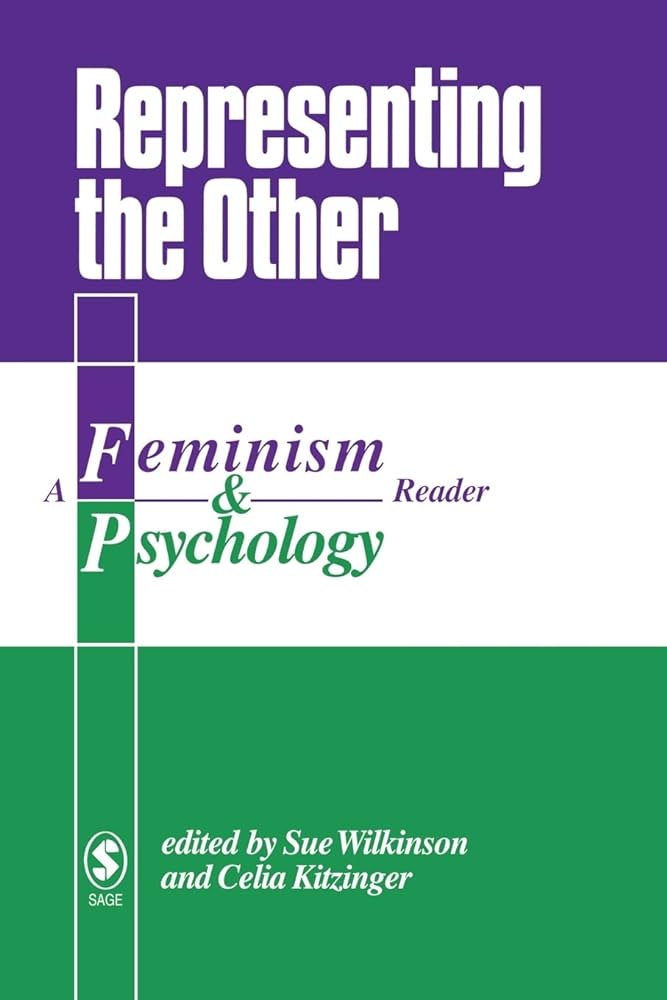Mother blaming and anorexia: How ideological state apparatuses have informed my perception of my mother's role in the formation of my eating disorder
IF 2.2
3区 心理学
Q2 PSYCHOLOGY, MULTIDISCIPLINARY
引用次数: 0
Abstract
Autoethnographic research has described the tendency to ascribe blame to mothers for their daughters’ disordered eating patterns, but the mechanisms by which these attitudes develop have been insufficiently investigated. The literature on mother-blaming and mothers’ roles in the development of women's eating disorders has provided macro-level theoretical explanations for this attribution of blame but lacks depictions of women who subscribe to these macro narratives and yet subsequently attribute blame to their own mothers on the micro level. In this paper, I address these two gaps by conducting a feminist autoethnographic inquiry into my own history of blaming my mother for my anorexia and other disordered eating patterns. I use classical structuralist and post-structuralist theoretical concepts, as well as Althusser's proposed neo-Marxist idea of ideological state apparatuses (ISAs). Results indicate that my mother-blaming behavior was mainly influenced by apparatuses of medicine, church, education, family, and culture. Legal, political, civic, and media apparatuses were less involved in the construction of my perception in this area. All in all, my findings provide richer insight into mother-blaming internalization on the micro level and enlarge the “palette” of feminist approaches to eating disorder analysis.责备母亲和厌食症:意识形态国家机器如何影响我对母亲在我的饮食失调形成过程中所扮演角色的看法
民族志研究已经描述了将女儿饮食紊乱归咎于母亲的倾向,但这些态度形成的机制尚未得到充分调查。关于母亲责备和母亲在女性饮食失调发展中的作用的文献为这种归因提供了宏观层面的理论解释,但缺乏对认同这些宏观叙事的女性的描述,但随后在微观层面上将责任归咎于自己的母亲。在本文中,我通过对我自己的历史进行女权主义的自我民族志调查来解决这两个差距,我把我的厌食症和其他饮食失调模式归咎于我的母亲。我使用了古典结构主义和后结构主义的理论概念,以及阿尔都塞提出的新马克思主义思想的意识形态国家机器(isa)。结果表明,医学、教会、教育、家庭、文化等因素对我的母亲责备行为影响较大。法律、政治、公民和媒体机构较少参与我对这一领域的看法的构建。总而言之,我的发现在微观层面上为责备母亲的内化提供了更丰富的见解,并扩大了女权主义方法在饮食失调分析中的“调色板”。
本文章由计算机程序翻译,如有差异,请以英文原文为准。
求助全文
约1分钟内获得全文
求助全文
来源期刊

Feminism & Psychology
Multiple-
CiteScore
3.30
自引率
11.10%
发文量
51
期刊介绍:
Feminism & Psychology provides a forum for debate at the interface between feminism and psychology. The journal"s principal aim is to foster the development of feminist theory and practice in – and beyond – psychology. It publishes high-quality original research, theoretical articles, and commentaries. We are interested in pieces that provide insights into the gendered reality of everyday lives, especially in relation to women and girls, as well as pieces that address broader theoretical issues. Feminism & Psychology seeks to publish work from scholars, researchers, activists and practitioners at all stages of their careers who share a feminist analysis of the overlapping domains of gender and psychology.
 求助内容:
求助内容: 应助结果提醒方式:
应助结果提醒方式:


